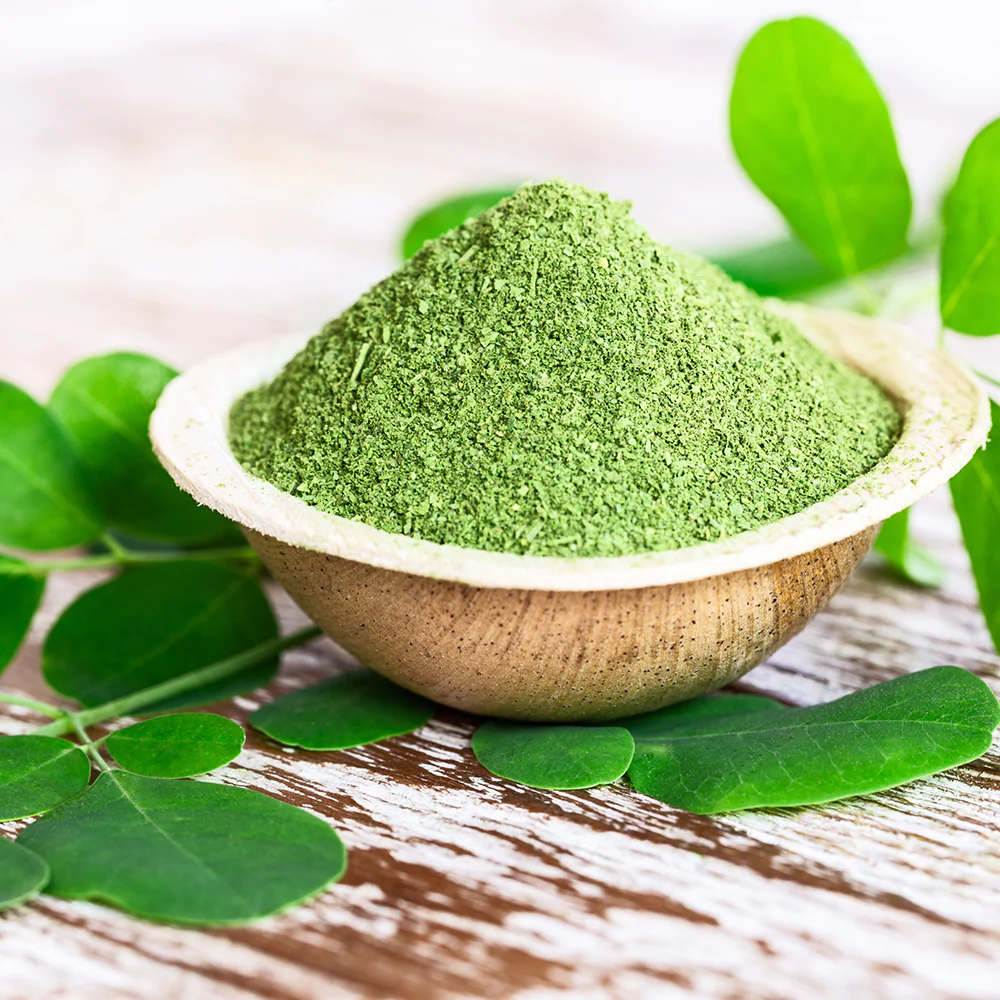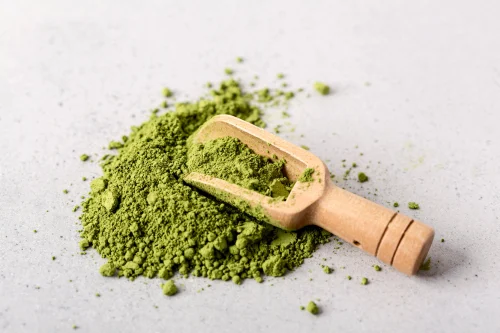“Embrace the power of Nourish Naturally with Moringa, your ultimate source for natural wellness. Our Moringa products are designed to fortify your health with essential nutrients, antioxidants, and vitamins, supporting your journey to a balanced and vibrant life. Ideal for those seeking a holistic approach to nutrition, Nourish Naturally with Moringa ensures you’re getting the purest form of nature’s goodness every day.”
Introduction to Moringa
Moringa, a remarkable plant often hailed as the “miracle tree,” originates from regions in Africa and Asia. Its leaves, seeds, and flowers have been cherished for centuries due to their exceptional nutritional and medicinal properties. This botanical gem has garnered attention worldwide for its abundance of health benefits and versatile applications.
Table of Contents
Nutritional Benefits of Moringa
Moringa stands as a nutritional treasure trove, offering a diverse range of vital nutrients crucial for optimal health. Bursting with vitamin C, known for its immune-boosting properties, Moringa surpasses many citrus fruits in this aspect. Its impressive potassium content supports heart health and aids in maintaining healthy blood pressure levels.
Moreover, the presence of calcium, iron, and protein makes Moringa an exceptional choice for those seeking a plant-based source of these essential nutrients. The abundance of beta-carotene, a precursor to vitamin A, contributes to healthy vision and immune function.
Embracing Moringa in your diet introduces a wealth of nutrients that collectively promote vitality and well-being, making it a valuable addition to any nutritional regimen.
Moringa as a Superfood
Moringa emerges as an undeniable superfood, heralded for its exceptional nutritional density and diverse health benefits. Its nutrient profile surpasses many commonly acknowledged superfoods, elevating it to a prominent position in the realm of nutritional excellence.
This miracle tree boasts an impressive blend of vitamins, minerals, antioxidants, and essential amino acids, offering a comprehensive array of nutrients in a single source. Compared to other renowned superfoods like kale or spinach, Moringa often outshines with its unparalleled nutritional richness.
What sets Moringa apart is its ability to provide a holistic boost to one’s health, offering an abundance of nutrients vital for immune support, energy enhancement, and overall well-being. Its classification as a superfood is not just a label but a testament to its remarkable nutritional prowess.
Moringa’s Role in Health and Wellness
Moringa plays a pivotal role in enhancing health and promoting overall wellness. Its multifaceted benefits extend across various aspects of well-being, making it a valuable addition to one’s lifestyle.
One of its primary contributions lies in boosting energy levels. Moringa’s rich nutrient content, including iron and vitamin C, aids in combating fatigue and supporting optimal energy production within the body. Additionally, its antioxidants help in fighting oxidative stress, contributing to increased vitality.
Furthermore, Moringa is a potent supporter of the immune system. Its wealth of vitamins and antioxidants fortifies the body’s defenses, assisting in warding off infections and illnesses.
Beyond internal health, Moringa offers benefits for external well-being as well. Its nutrients contribute to skin health, promoting a radiant complexion, while its nourishing properties can aid in maintaining healthy hair.
In essence, Moringa’s role in health and wellness is comprehensive, influencing both internal vitality and external appearance, making it a holistic asset in fostering a healthy lifestyle.
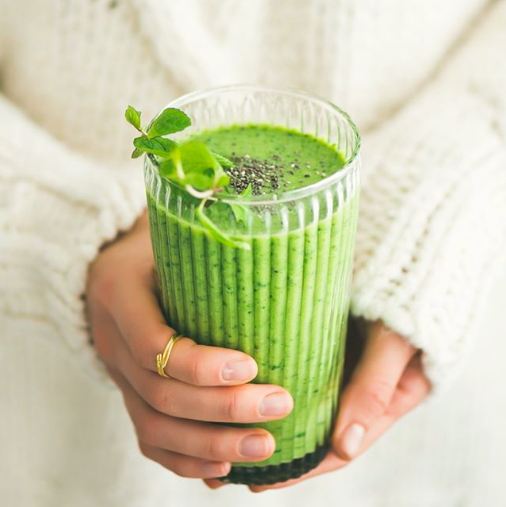
Moringa in Modern Wellness Trends
In recent times, Moringa has surged in popularity, becoming a focal point in modern wellness trends. Its diverse array of health benefits and rich nutrient composition has propelled it into the spotlight, captivating the attention of health-conscious individuals and wellness enthusiasts worldwide.
This versatile plant has found its way into various wellness products, supplements, and beauty regimes. Its adaptability in different forms, such as powders, capsules, oils, and teas, has catered to the evolving preferences of consumers seeking natural and sustainable health solutions.
The growing interest in natural and plant-based remedies has significantly contributed to Moringa’s rise in the wellness industry. Its incorporation into dietary supplements, skincare products, and functional foods showcases its adaptability and broadens its reach among consumers seeking holistic wellness solutions.
The allure of Moringa in modern wellness trends not only stems from its nutritional richness but also from its sustainable cultivation practices, aligning with the increasing global emphasis on eco-friendly and ethical products.
As the demand for natural, nutrient-rich solutions continues to grow, Moringa stands at the forefront of modern wellness trends, offering a natural and holistic approach to health and well-being.
Sustainable Cultivation of Moringa
Moringa’s cultivation embodies sustainability, making it an environmentally friendly crop with minimal ecological impact. Its ability to thrive in diverse climates and soil conditions contributes to its reputation as an eco-conscious choice in agriculture.
One of the remarkable aspects of Moringa cultivation is its minimal water requirement compared to other crops. This characteristic makes it suitable for regions facing water scarcity, reducing the strain on already limited water resources.
Moreover, Moringa’s fast growth rate and high yield per acre further emphasize its sustainability. Farmers can harvest Moringa multiple times a year, maximizing production without excessive land usage.
Additionally, the entire Moringa tree is usable, leaving minimal waste. Its leaves, seeds, pods, and even bark serve various purposes, from food consumption to medicinal applications, ensuring that nearly every part of the plant is utilized.
Furthermore, Moringa cultivation often employs organic farming practices, minimizing the use of chemical fertilizers and pesticides, which aligns with the principles of sustainable and eco-friendly agriculture.
In essence, Moringa’s sustainable cultivation practices make it a promising crop choice, not just for its nutritional value but also for its positive impact on the environment and its potential to contribute to sustainable agricultural practices globally.
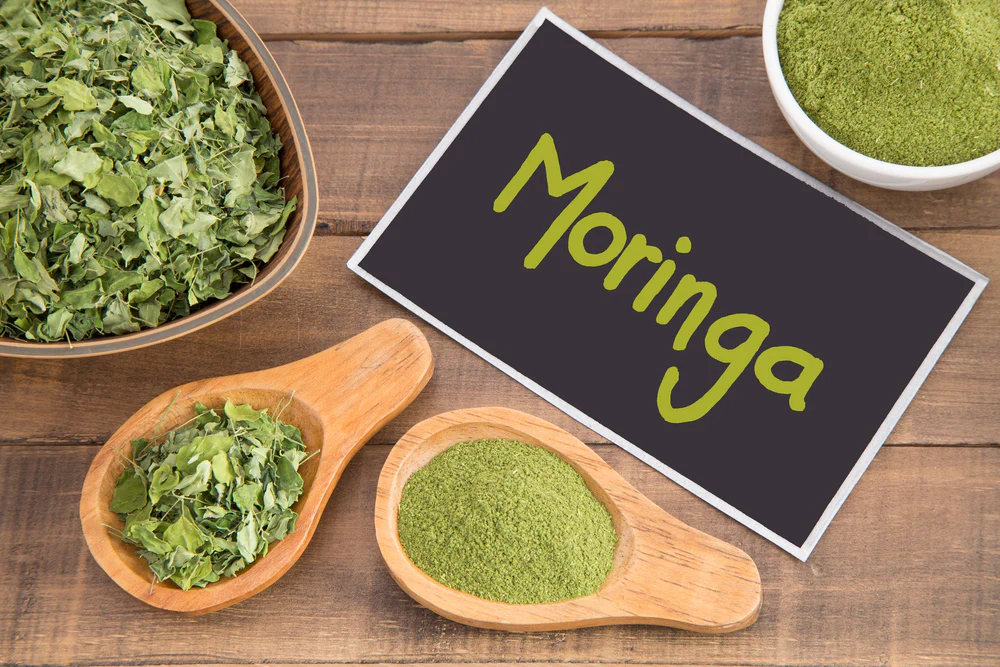
Incorporating Moringa into Your Diet
Embracing Moringa in your diet opens doors to a plethora of nutritious and delicious possibilities. Whether you opt for Moringa leaves, powder, capsules, or oil, there are numerous creative ways to integrate this superfood into your daily meals and snacks.
One of the simplest methods is adding Moringa powder to your smoothies or juices. Its mild flavor seamlessly blends in, offering a nutritional boost without altering the taste significantly. Additionally, sprinkling Moringa powder over salads, soups, or yogurt can infuse these dishes with added nutrients.
For a warming beverage, Moringa tea provides a soothing and nourishing option. Steeping Moringa leaves in hot water creates a refreshing herbal tea packed with antioxidants and vitamins.
Exploring Moringa’s culinary versatility, incorporating its leaves into stir-fries, curries, or omelets introduces a unique twist to traditional recipes while reaping its nutritional benefits.
Furthermore, Moringa capsules offer a convenient way to incorporate this superfood into your routine for those seeking a simple and straightforward method of consumption.
However, it’s essential to be mindful of the appropriate dosage and consult with a healthcare professional, particularly when using Moringa supplements, to ensure safe and effective integration into your diet.
By exploring various ways to include Moringa into your meals, you not only enhance the nutritional value of your diet but also embrace a versatile and beneficial addition to your culinary repertoire.
Moringa’s Potential Side Effects and Precautions
While Moringa offers an array of health benefits, it’s essential to be aware of potential side effects and precautions associated with its consumption.
For most individuals, consuming Moringa in moderate amounts is considered safe. However, some people, particularly pregnant or breastfeeding women, should exercise caution. Limited research exists on the effects of Moringa in these specific groups, hence it’s advisable for them to consult healthcare professionals before incorporating it into their diets.
Additionally, individuals taking medications should be cautious as Moringa might interact with certain drugs. Its high vitamin K content, for instance, could interfere with blood-thinning medications, affecting their efficacy. Consulting with a healthcare provider becomes crucial in such cases to prevent any adverse interactions.
In rare instances, excessive intake of Moringa supplements could lead to digestive discomfort, such as nausea, diarrhea, or stomach upset. It’s recommended to adhere to recommended dosages and avoid overconsumption to mitigate such discomfort.
It’s imperative to source Moringa products from reputable sources to ensure quality and purity, reducing the risk of potential contaminants or adverse effects.
By being mindful of these precautions and seeking guidance when necessary, individuals can safely incorporate Moringa into their diets and harness its remarkable nutritional benefits without encountering adverse effects.
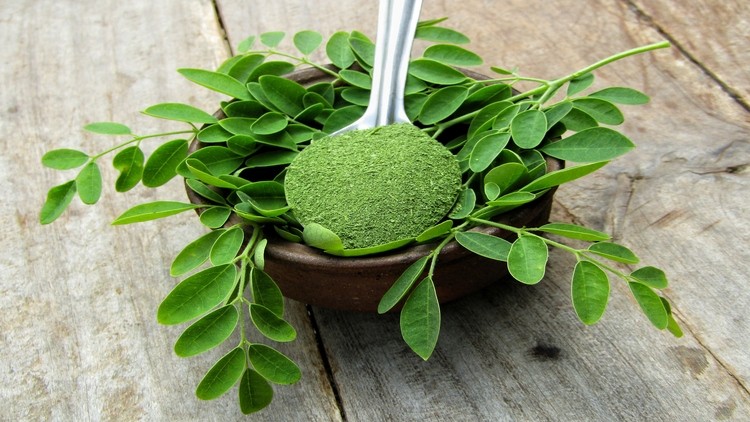
Moringa in Different Forms
Moringa offers versatility in various forms, catering to diverse preferences and applications. Each form – powder, capsules, oil, and tea – presents unique benefits, allowing individuals to choose the most suitable option based on their needs.
1. Moringa Powder:
- Moringa powder stands as a popular choice due to its convenience and versatility. It easily blends into smoothies, shakes, or baked goods, enriching them with a nutritional boost without altering the taste significantly.
2. Moringa Capsules:
- Capsules offer a convenient method for those seeking a measured and straightforward intake of Moringa. They provide a hassle-free way to incorporate Moringa into a daily supplement routine.
3. Moringa Oil:
- Extracted from Moringa seeds, the oil possesses moisturizing properties beneficial for skin and hair care. Rich in antioxidants and vitamins, Moringa oil is often used in cosmetics and skincare products for its nourishing effects.
4. Moringa Tea:
- Moringa leaves steeped in hot water create a delightful herbal tea, boasting antioxidants and nutrients. This soothing beverage offers a refreshing alternative to traditional teas, promoting wellness and relaxation.
Each form of Moringa presents its unique advantages, allowing individuals to explore and choose the most suitable option according to their preferences and intended uses.
Research and Studies on Moringa
Moringa’s remarkable properties have spurred extensive scientific research and studies, unveiling its diverse health benefits and potential applications.
Scientific investigations have validated many traditional claims about Moringa’s medicinal properties. Studies have highlighted its antioxidant, anti-inflammatory, and antimicrobial attributes, showcasing its potential in combating various ailments and supporting overall health.
Research has focused on Moringa’s potential role in managing conditions such as diabetes, high cholesterol, and inflammation-related disorders. Studies have indicated that compounds found in Moringa may help regulate blood sugar levels and cholesterol, presenting promising avenues for future therapeutic interventions.
Moreover, its notable antioxidant content has garnered attention in the realm of cancer research. Preliminary studies suggest that Moringa extracts exhibit anti-cancer properties, demonstrating potential in inhibiting the growth of certain cancer cells.
Additionally, ongoing investigations explore Moringa’s effects on skin health, digestive issues, and its role in promoting cardiovascular health. The scientific community continues to delve deeper into uncovering the myriad of benefits this extraordinary plant offers.
While research on Moringa’s health benefits is promising, further studies are warranted to fully understand its mechanisms of action and explore its potential applications in various health conditions.
Moringa in Traditional Medicine Practices
Moringa holds a rich historical significance in traditional medicine practices across various cultures. Revered for its medicinal properties for centuries, this “miracle tree” has been a cornerstone in ancient healing systems like Ayurveda, Unani, and traditional African medicine.
In Ayurveda, Moringa is known as “Shigru,” highly valued for its therapeutic attributes. It’s believed to balance bodily doshas (vata, pitta, kapha) and is used to alleviate inflammation, promote digestion, and support overall wellness.
Similarly, in Unani medicine, Moringa, termed “Sohanjna,” has been utilized for its anti-inflammatory, antispasmodic, and diuretic properties. It’s incorporated into formulations to address various ailments, including joint pain, digestive issues, and skin disorders.
African traditional medicine also recognizes Moringa for its medicinal value. Different parts of the plant are used to treat diverse health conditions, ranging from infections to digestive problems and beyond.
The historical reverence for Moringa in traditional healing systems highlights its long-standing reputation as a valuable medicinal resource. Its widespread use in these practices underscores the confidence placed in its healing properties by generations of practitioners across cultures.
Moringa’s Global Impact
Moringa’s influence extends far beyond its nutritional and medicinal value, leaving a profound impact on a global scale.
One of its significant contributions lies in its role as a sustainable resource. Its adaptability to diverse climates and minimal water requirements make it a viable crop in regions facing agricultural challenges. This resilience contributes to food security initiatives, aiding in combating malnutrition and addressing hunger in vulnerable communities worldwide.
Furthermore, Moringa’s economic significance cannot be overlooked. Its cultivation provides livelihood opportunities for farmers in regions where it thrives, fostering economic growth and stability. The growing market demand for Moringa-based products further boosts local economies and creates employment opportunities.
Moreover, Moringa’s humanitarian impact is noteworthy. Organizations and initiatives utilize Moringa’s nutritional density to address malnutrition in impoverished areas, especially among children and expectant mothers. Its accessibility and nutrient-rich profile make it a valuable tool in battling nutritional deficiencies.
Beyond its immediate nutritional and economic contributions, Moringa holds promise in addressing environmental concerns. Its ability to thrive in degraded soils and its potential in reforestation efforts make it an ally in environmental restoration and combating climate change.
In essence, Moringa’s global impact transcends borders, offering solutions to food insecurity, poverty alleviation, and nutrition-related challenges while paving the way for sustainable agriculture and environmental conservation.
Source to Get Organic Moringa Leaf Powder Capsules
Conclusion
Moringa, a natural powerhouse of nutrients, stands as a versatile and sustainable resource for promoting health and well-being. Its historical significance, nutritional richness, and diverse applications make it a valuable addition to a wholesome lifestyle.
FAQs
- Is Moringa safe for everyone to consume?
- What are the recommended dosages for Moringa supplements?
- Can Moringa be used as a replacement for other nutritional supplements?
- Are there any known interactions between Moringa and medications?
- How does Moringa compare to other superfoods in terms of nutritional value?
